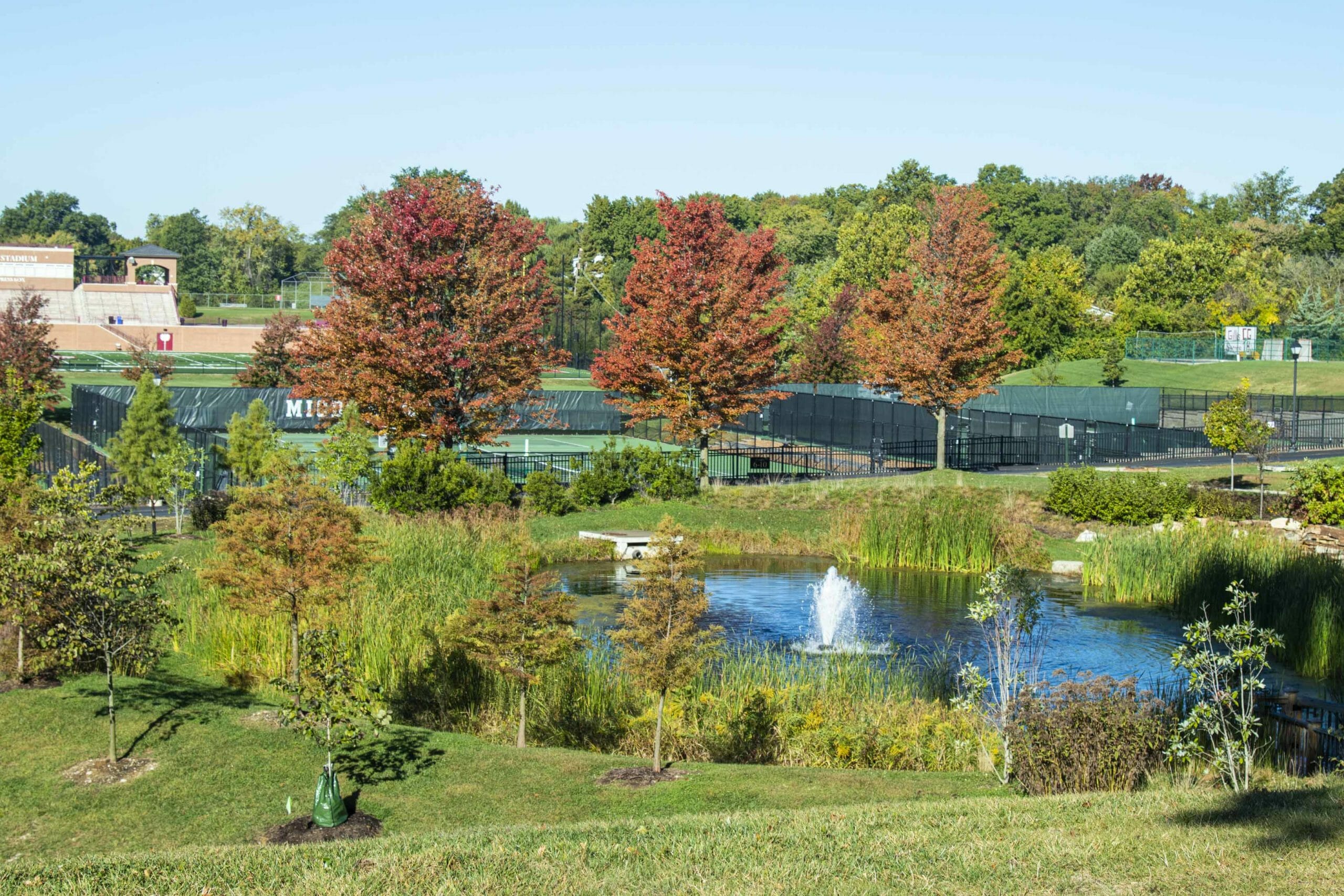This week, Emmanuelle Charpentier and Jennifer Doudna were awarded the Nobel Prize in Chemistry for their discovery of the CRISPR-Cas9 genome-editing tool. In the epilogue of A Crack in Creation, which chronicles their breakthrough, Doudna writes, “Gone are the days when life was shaped exclusively by the plodding forces of evolution. We’re standing on the cusp of a new era, one in which we will have primary authority over life’s genetic makeup and all its vibrant and varied outputs.”
It would be difficult to overstate the positive impacts of Charpentier’s and Doudna’s achievement, especially in healthcare, where advances in disease detection, treatments for deafness, blindness, and cancer, and a procedure for preventing sickle-cell disease are all being realized thanks to CRISPR-Cas9. More controversial applications of the technology to create human beings with built-in resistance to disability and disease—so-called “designer babies”—are also being developed, however, and indeed have already been implemented. The world’s first genome-edited people, twin Chinese girls, will turn two years old next month.
In a 2018 interview, John Zhang, CEO of New Hope Fertility Center in New York, said, “It is morally and ethically acceptable that people go see the plastic surgeon. It is absolutely fine for people to wear blue contact lenses and color their hair. So why is there such argument over designer babies and other alterations to our physical future?” Gene editing of babies, he predicted, will one day be as safe and common as mobile phones.
Technologies mediate our experience of the natural world—or, as the Swiss writer Max Frisch put it in his 1959 novel Homo Faber, “Technology is the knack of arranging the world so that we need not experience it.” This week’s Nobel Prize in Chemistry is timely for us at MICDS. As we have conducted conferences via Zoom since Wednesday, the opinion has been expressed to me several times that this is a better approach—more convenient and more efficient than in-person conferences. I wonder, though, about what we lose when technology mediates our work together. In writing about conferences last year, I celebrated “the sense of being in common cause with one another, the chance encounters between families, the opportunities for teachers to connect during their occasional breaths between meetings.” Need we not experience these? Are convenience and efficiency always worth what they cost?
The Nobel Prize in Literature was conferred to Louise Glück a day after Charpentier and Doudna received their honor for CRISPR-Cas9. Glück (pronounced “glick”) is an American poet whose works include Archaic Fragment. It begins as follows:
I was trying to love matter.
I taped a sign over the mirror:
You cannot hate matter and love form.
The world is matter: “the plodding forces of evolution,” chance encounters between families, the growth of a child. Technology is form: “alterations to our physical future,” mobile phones, Zoom meetings. “Technology is the knack of arranging the world so that we need not experience it.” We cannot hate matter and love form. It will be so natural and restorative to be in physical community with one another again, to disintermediate the coronavirus pandemic and its corollary impositions, to find our way back to matter. We will get there when we can.
Always reason, always compassion, always courage. I wish you a wonderful weekend with your families.
Jay Rainey
Head of School
This week’s edition of “How to Prepare for the Election Without Thinking About the Election”: Have a Zoom meeting with an elephant (presuming that an in-person meeting with an elephant is not an option).
This week’s addition to the “Refrains for Rams” playlist: The Van Halen cover of Dancing in the Street by Martha and the Vandellas, in memory of Eddie Van Halen (Apple Music / Spotify).
